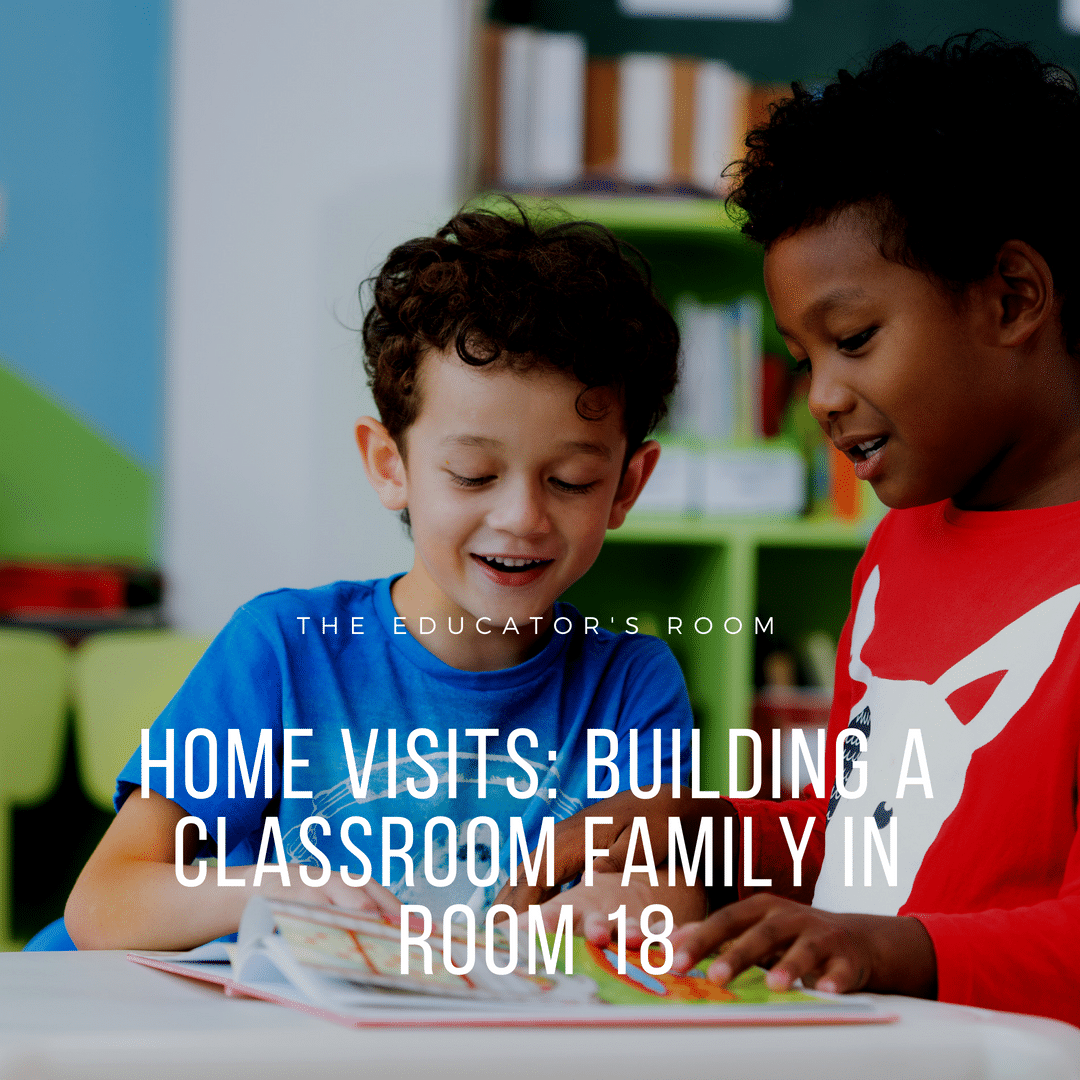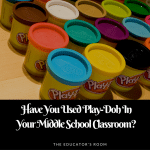Overview:
Learn how Home visits in July changed the culture of Room 18.
Last summer, I attended an educators’ conference focused on building a positive climate and culture in schools. The conference offered a variety of break-out sessions addressing topics such as engagement, retention, cultural competency, and relationship-building.
What are home visits?
I quickly noticed “home visits” as a commonly discussed practice at the conference: educators visiting the homes of students over the summer to build positive relationships with students and families before the start of the school year. I was familiar with the practice but surprised by the frequency of its mention in nearly every breakout and keynote session.
Structuring home visits
My assistant principal was sitting next to me at the conference when I asked, “Do we do these? Home visits?” He replied, “Not that I’m aware of.” I dug deeper, asking if there was any reasoning behind this. When we concluded that no one we knew of in our district had taken home visits in recent years, I asked if I could try them. He replied, “Yes. I’ll come with you.”
Many “home visit” structures, we later learned, involve pre-scheduling and happen over the course of several days. We, however, adopted an unannounced “drop-in” approach. Mapping out the homes of all 23 students on my class list, we set out one July day to reach each family, hopeful to be well-received, though unsure given the unexpected nature of our visits. We anticipated the unavailability of many families, as we were dropping by in the middle of the workday. Five families were able to visit with us, and we left notes and bags of sweet treats for the other 18 to let them know we had stopped by and were looking forward to a great school year.
As a student teacher, my mentor encouraged me to make positive contact with every student’s family within the first week of school—a simple practice that goes a long way. Home visits, however, took this connection to a whole new level. Before students stepped foot into my classroom that August, families were ready to invest time, energy, and resources into the development of our classroom community.
We endearingly became “The Room 18 Family.”
The impact of home visits
I could never have anticipated the impact one July day would have on the 180 school days ahead of us.
- Attendance from students and families for classroom and school events such as study nights, skate nights, and open houses skyrocketed compared to years prior when I had spent teaching the same grade at the same school in the same neighborhood.
- Parents and siblings popped into Room 18 at random throughout the school year, encouraging students to do their best. Families joined us for lunches, recesses, special projects, and presentations.
- As it turned out, I had adopted not just 23 students into my Room 18 family, but seemingly every parent, godparent, grandparent, brother, sister, aunt, uncle, neighbor, and friend connected to Room 18 as well.
To attribute all or even most of our family-oriented classroom culture to home visits would be a gross understatement of the countless community who invested unwavering love and efforts into the development of Room 18 as a great place to be. Still, home visits undoubtedly set us off on the right foot. Families knew immediately anyone involved in Room 18 was advocating for their children every step of the way.
Conversations throughout the school year were the most student-centered and goal-oriented I had ever experienced in my teaching career, and it all started with the establishment of positive relationships over the summer through home visits. In the months following the drop-bys, parents reminded me of the visits with gratitude and appreciation. Home visits are unquestionably marked on my calendar for every July to come, as I have experienced the tremendously positive impact they can have on a classroom community through “The Room 18 Family.”







nicely done Sylvia….good honorable teaching model, I am proud to have you in my profession
Thanks for sharing your story of successful family outreach, Sylvia. Your commitment to your students is admirable.